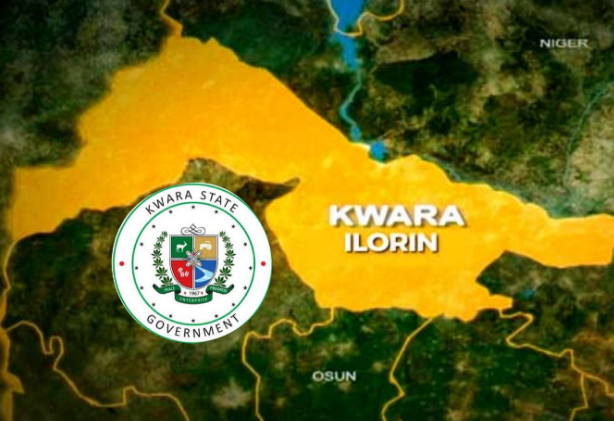The National Surgical, Obstetrics, Anaesthesia and Nursing Plan (NSOAP) has sensitised the Kwara Government and healthcare providers at the University of Ilorin Teaching Hospital (UITH) in Ilorin on surgical interventions for residents.
The sensitisation meeting was organised both at the Kwara Ministry of Health and the UITH on Saturday in Ilorin.
Dr Deborah Oghoghorie, the Desk Officer of NSOAP, Department of Hospital Services, Federal Ministry of Health, noted that the meeting was to promote NSOAP development process, which was founded on six core domains adapted from the World Health Organisation (WHO).
She explained that the process helps access to essential medicines with surgical infrastructure and places the medicines required for surgical care, such as anesthetic agents, within care delivery itself.
She said quality of life is improved when the burden of surgery is reduced through advocacy, funding, surgical infrastructure, surgical health insurance and capacity building through training and skills acquisition.
According to her, evidence suggests that strengthening surgical care within existing health systems will strengthen the overall healthcare system.
“However, Nigeria’s national strategic health development plan 2018-2022 placed little emphasis on surgical care, so to address the gap, we worked with professional societies and other partners to develop the national surgical, obstetric, anaesthesia and nursing plan 2019-2023,” she said.
Oghoghorie added that the aim was to foster actions to prioritise surgical care for the achievement of universal health coverage.
She observed that the Health Insurance coverage is not comprehensive enough and does not cover majority of Nigerians.
“Even those that are covered, only five per cent of surgical intervention are covered.
“We want to expand it and it is commendable that President Muhammadu Buhari has made Health Insurance mandatory.
“So our mandate is to train more specialists and more middlemen on level workforce balance distribution on surgical interventions.
“These workforce would also be evenly distributed to the rural areas. And in doing that we shall factor the infrastructures, basic facilities such as electricity and security.
“It is not enough to increase salaries of healthcare workers alone but everything must he done holistically,” she said.
The NSOANP official also underscored the need to ensure Nigerians are properly educated on emergency surgical intervention and were able to access it and need to enrol on health insurance scheme.
She observed that the target of NSOANP was to ensure free Caesarian surgery and emergency surgical interventions for Nigerians.
She lamented that most mortality cases arose as output in surgical emergency including delay on poor output and accessing wrong places.
Oghoghorie also emphasised the need to integrate the private health sector into the plan and ensure they are sensitised on their deficiencies.
Prof. Abdullahi Dasilva, the Chief Medical Director of UITH, commended the NSOAP for such initiatives.
“We are happy with such a programme and welcome it. All that’s been discussed have been noted by the management of UITH and will put them into practice.
“The hospital will benefit from such initiatives, which will in turn benefit and promote services to the general populace.
“We will continue to apply for more equipment and more personnel to promote our services,” the CMD said.

















Discussion about this post